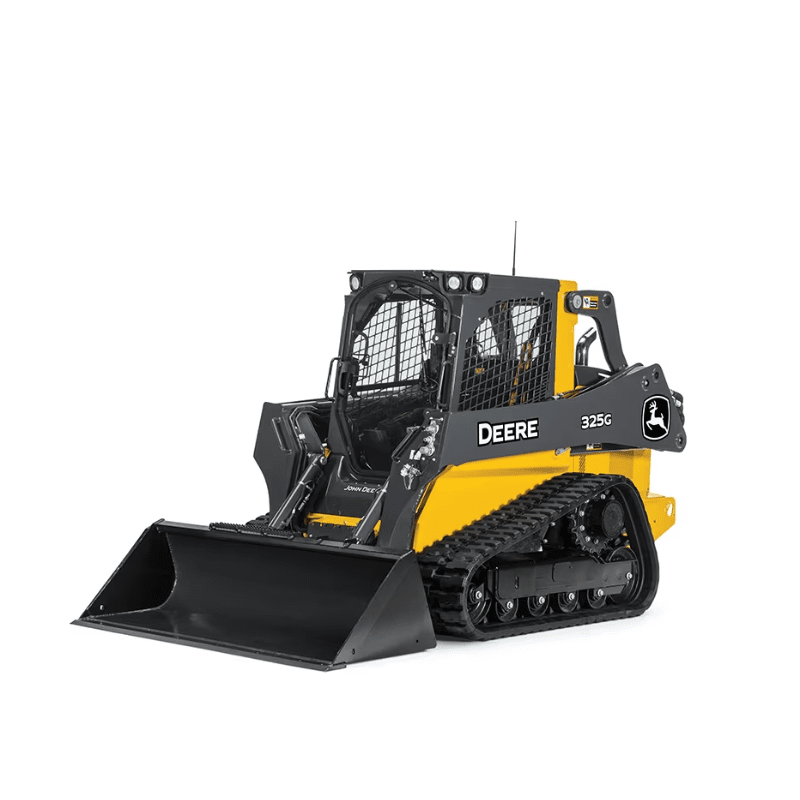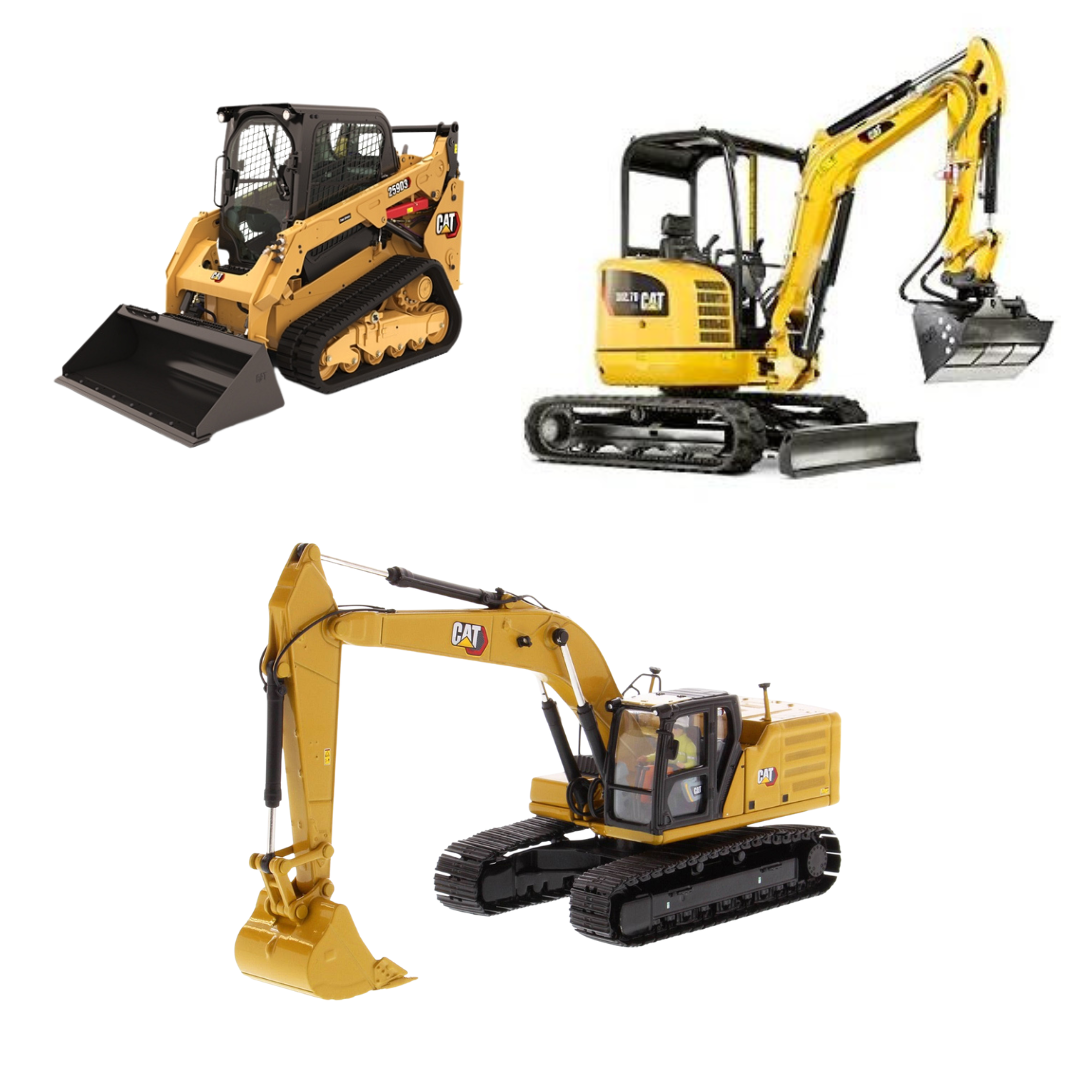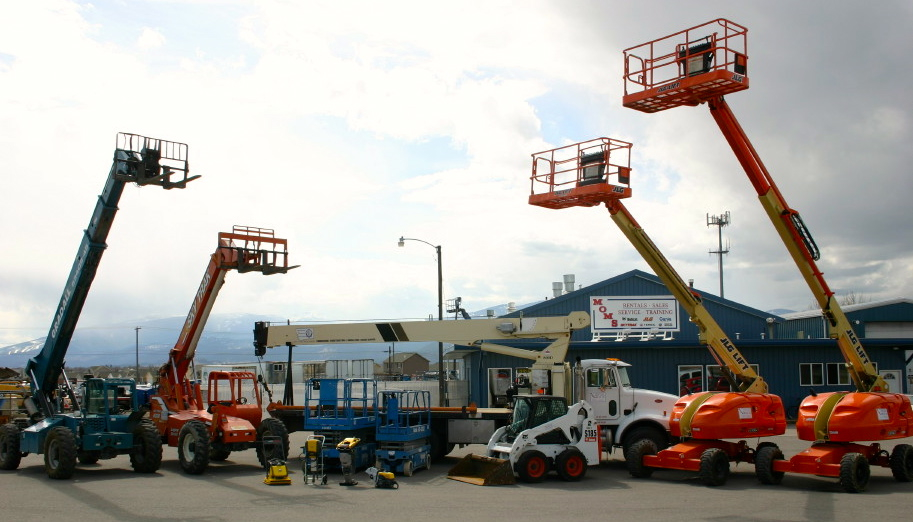Heavy Equipment Rental: Huge Machinery for Any Type Of Construction Task
Heavy Equipment Rental: Huge Machinery for Any Type Of Construction Task
Blog Article
Optimize Your Budget Plan by Comprehending the Expenses Related To Construction Tools Services
Understanding the full range of costs linked with building and construction tools rentals is vital for optimizing your budget plan. What strategies can be employed to effectively take care of these prices and guarantee an extra effective rental experience?
Overview of Rental Costs
When thinking about building and construction equipment leasings, comprehending the linked prices is critical for efficient budgeting and project planning. Rental prices can vary considerably based upon numerous elements, consisting of equipment type, period of service, and location. The first rental charge usually shows the devices's market demand and its connected operational capabilities, affecting the general expense.
Along with the base rental price, secondary expenses might occur, such as transportation charges, gas additional charges, and upkeep costs. It is important to represent these additional expenditures to properly assess the total cost of renting devices. In addition, the rental duration can affect pricing; longer rentals might receive reduced rates, while short-term services may sustain greater day-to-day charges.

Break Down of Rental Rates
An extensive understanding of rental rates is important for service providers and task managers aiming to maximize their budgets. Rental rates for building equipment commonly consist of a number of elements, consisting of base rates, time-based fees, and usage charges.
Base rates are the core charges connected with the rental of the devices, usually established by the kind and dimension of the equipment. These prices can vary significantly, influenced by factors such as tools need, availability, and local market fads. Time-based fees, which might be daily, weekly, or monthly, offer to fit various project timelines and rental periods.
Additionally, rental prices may consist of use fees, which apply when tools is used past a defined threshold, making sure that the rental business can represent deterioration. Seasonal demand fluctuations can also impact rental rates, with peak building periods generally regulating greater rates.
Additionally, understanding the rental company's plans pertaining to maintenance and insurance coverage can offer further insight into the general price structure. By evaluating these components, contractors can make enlightened decisions, making sure the option of rental equipment straightens with both task requirements and budget restrictions.
Additional Costs to Consider
Recognizing the details of extra costs is important for service providers to handle their total leasing expenses effectively. Past the standard rental prices, numerous extra fees can considerably impact the overall price of devices leasing. These costs often include shipment and pickup fees, which can vary based upon distance and logistics entailed in carrying the devices to and from the job website.
Furthermore, some rental business might enforce fuel surcharges if the equipment is returned with much less fuel than when leased. It is likewise necessary to know possible cleaning charges, particularly for specific tools that requires comprehensive maintenance after usage.

Thoroughly reviewing the rental agreement and making clear these extra charges upfront can aid professionals make certain and avoid unforeseen expenses that spending plans remain undamaged throughout the task lifecycle.
Upkeep and Repair Expenditures
Normal maintenance and repair work costs are typically forgotten variables that can substantially affect the total price of building equipment rentals. When renting out devices, it is important to take into consideration not only the rental charges cost to rent a backhoe yet additionally the possible prices connected with maintaining the machinery in ideal operating condition.
Numerous rental firms consist of basic maintenance as component of the rental arrangement; nevertheless, a lot more unforeseen malfunctions or considerable fixings can lead to extra costs. It's vital to evaluate the rental contract thoroughly to comprehend what maintenance solutions are covered and what duties drop on the occupant.
In addition, tools that is not well-maintained can result in inefficiencies at work site, possibly raising and causing delays job costs. To alleviate these risks, it is a good idea to perform regular evaluations and preserve open interaction with the rental copyright pertaining to any kind of problems that emerge throughout use.
Insurance Coverage and Responsibility Expenses
Insurance policy and responsibility expenses are crucial parts that can considerably influence the general cost of construction equipment services (mini excavator rental). These costs ensure that both the rental business and the client are protected from possible economic losses developing from crashes, damage, or theft throughout the rental period

Furthermore, customers should be aware of any deductibles or exemptions in the insurance plan, as these can affect prospective out-of-pocket expenses. Understanding the terms and conditions of any kind of insurance policy coverage is important to stay clear of unanticipated costs. Eventually, budgeting for insurance and liability costs can aid make sure a smoother rental experience and secure against economic threats connected with building jobs.
Conclusion
In final thought, a comprehensive understanding of the costs connected with building tools this website rentals is important for effective spending plan management. Ultimately, notified decision-making relating to equipment leasings adds to the overall success of building and construction undertakings.
Rental expenses explanation can vary significantly based on several aspects, including tools kind, duration of leasing, and place (mini excavator rental). The rental duration can influence rates; longer rentals may qualify for reduced prices, while short-term services could incur higher everyday charges
By carrying out extensive research and engaging with trustworthy rental companies, service providers can successfully navigate the intricacies of rental rates, ultimately maximizing their monetary resources.
Beyond the standard rental prices, numerous additional charges can dramatically influence the overall cost of tools rental. Rental companies typically provide responsibility insurance policy that covers injuries to 3rd celebrations or damages to property, while tools damages insurance coverage can cover the expense of repairs or substitute if the rented devices is harmed.
Report this page